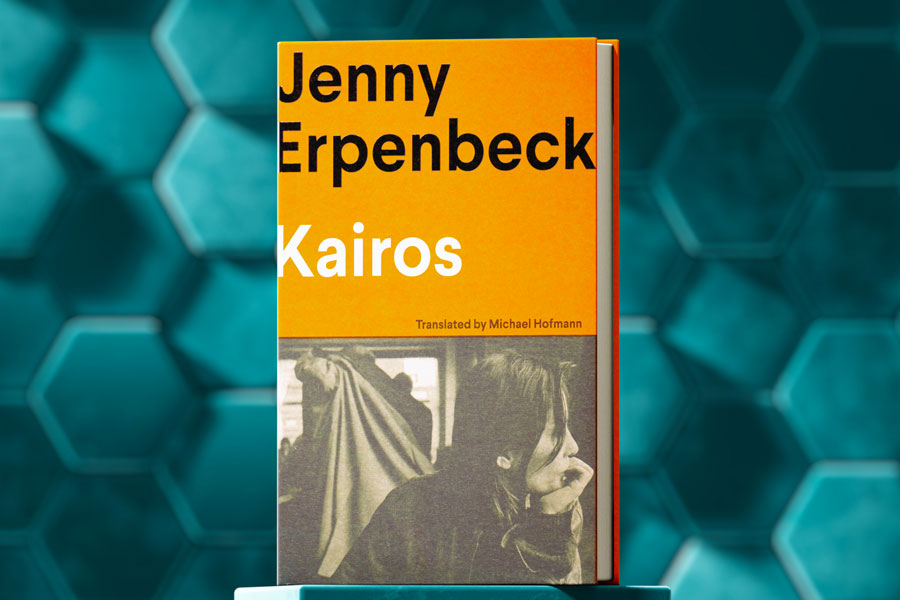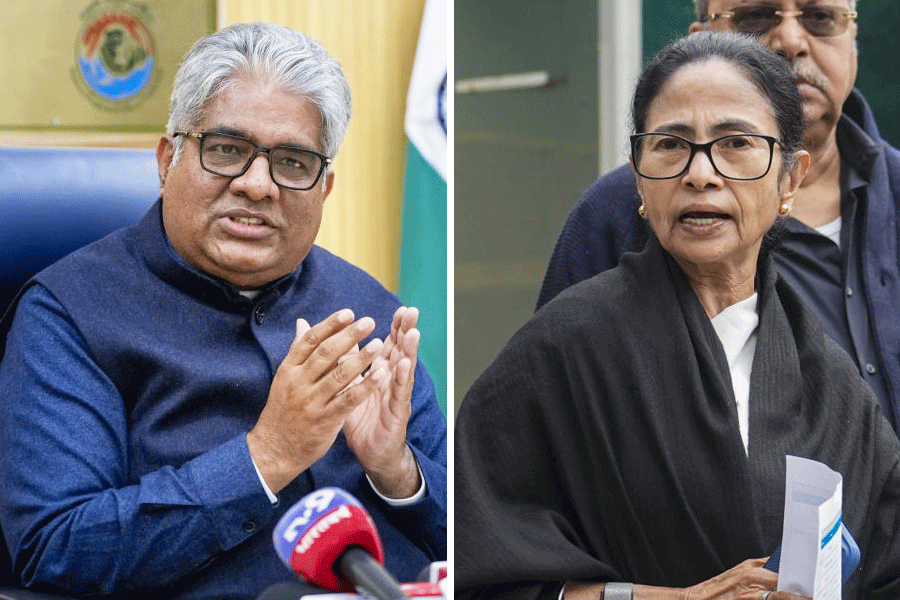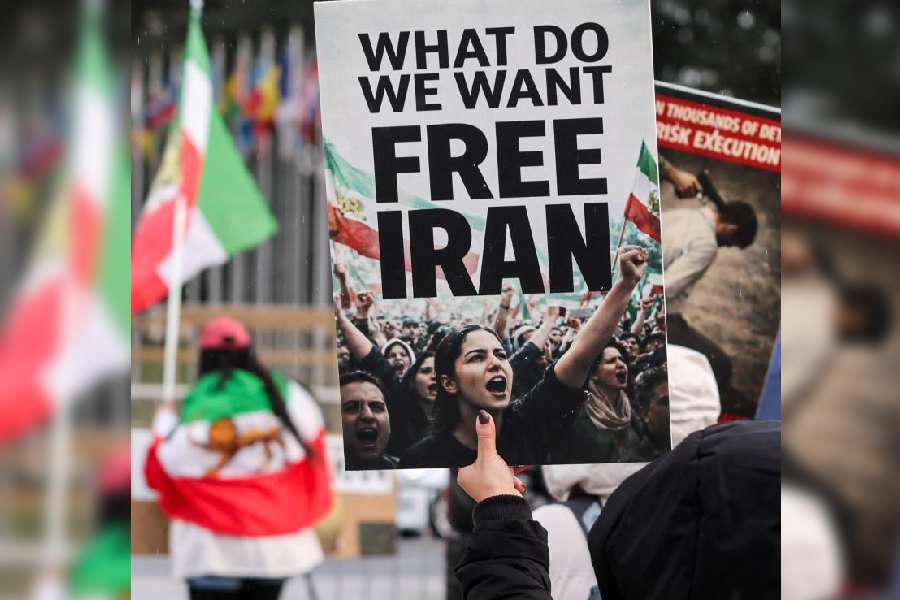Jenny Erpenbeck’s “Kairos,” a novel about a torrid love affair in the final years of East Germany, won on Tuesday the International Booker Prize, the renowned award for fiction translated into English.
Erpenbeck shares the award of 50,000 British pounds (about $63,500) with Michael Hofmann, who translated the book into English. The pair received the prize during a ceremony at the Tate Modern art museum in London.
After receiving the award, the pair seemed lost for words. Erpenbeck thanked her family, and Hofmann thanked Erpenbeck: “I want to thank Jenny for her trust in me,” he said. “Er, that’s about the size of it.”
Eleanor Wachtel, the chair of the judges, said in a news conference that “Kairos” was more than a simple evocation of a romance. The “self-absorption of the lovers” — a student and a 50-something novelist — and “their descent into a destructive vortex” tracks the history of East Germany before the collapse of the Berlin Wall, she said.
Like that country, Wachtel added, the couple’s relationship “starts with optimism and trust, then unravels so badly.”
“What makes ‘Kairos’ so unusual is that it’s both beautiful and uncomfortable, personal and political, psychological and very moving,” Wachtel said. The judging panel deliberated for half an hour before deciding to give “Kairos” the prize, she added.
“Kairos” beat five other shortlisted titles, including Jente Posthuma’s “What I’d Rather Not Think About,” translated from Dutch by Sarah Timmer Harvey, about a woman grieving her twin brother, and Hwang Sok-yong’s “Mater 2-10,” translated from Korean by Sora Kim-Russell and Youngjae Josephine Bae, which traces North and South Korean history through a family of railway workers.
After its publication in English last year, some reviewers praised “Kairos” as the latest novel to suggest Erpenbeck could be a future winner of the Nobel Prize in literature. Dwight Garner, in The New York Times, said that Erpenbeck was “among the most sophisticated and powerful novelists we have.” “Kairos,” he added, was so moving it had “a subterranean force.”
“I don’t generally read the books I review twice,” Garner said, “but this one I did.”
Established in 2005, the International Booker Prize is separate from the Booker Prize, which recognizes fiction written in English. Originally awarded for a writer’s entire body of work, in 2016 the international prize became an annual award for the best novel translated into English. Past winners have included Han Kang’s “The Vegetarian,” translated from Korean by Deborah Smith, and Olga Tokarczuk’s “Flights,” translated from Polish by Jennifer Croft.
Erpenbeck is the first German novelist to win the award, while Hofmann is the first male translator to receive the honor.
Erpenbeck, 57, grew up in Berlin in what was then the German Democratic Republic, or East Germany, and the country has provided either a setting or context for much of her fiction, including 2017’s “Go, Went, Gone” about a professor befriending a group of African refugees in present day Berlin.
In a recent interview with the Times, Erpenbeck said that the tumult around the Berlin Wall’s collapse led to her becoming a writer, as she grappled with what it meant to lose “the system that I knew, that I grew up in.”
Stories about the fall of the Berlin Wall focus on the idea of freedom, Erpenbeck said in a recent interview for the Booker Prize’s website, but that was “not the only” story that could be told.
“Kairos,” she added, was “also about what follows the happy end.”
The New York Times News Service










